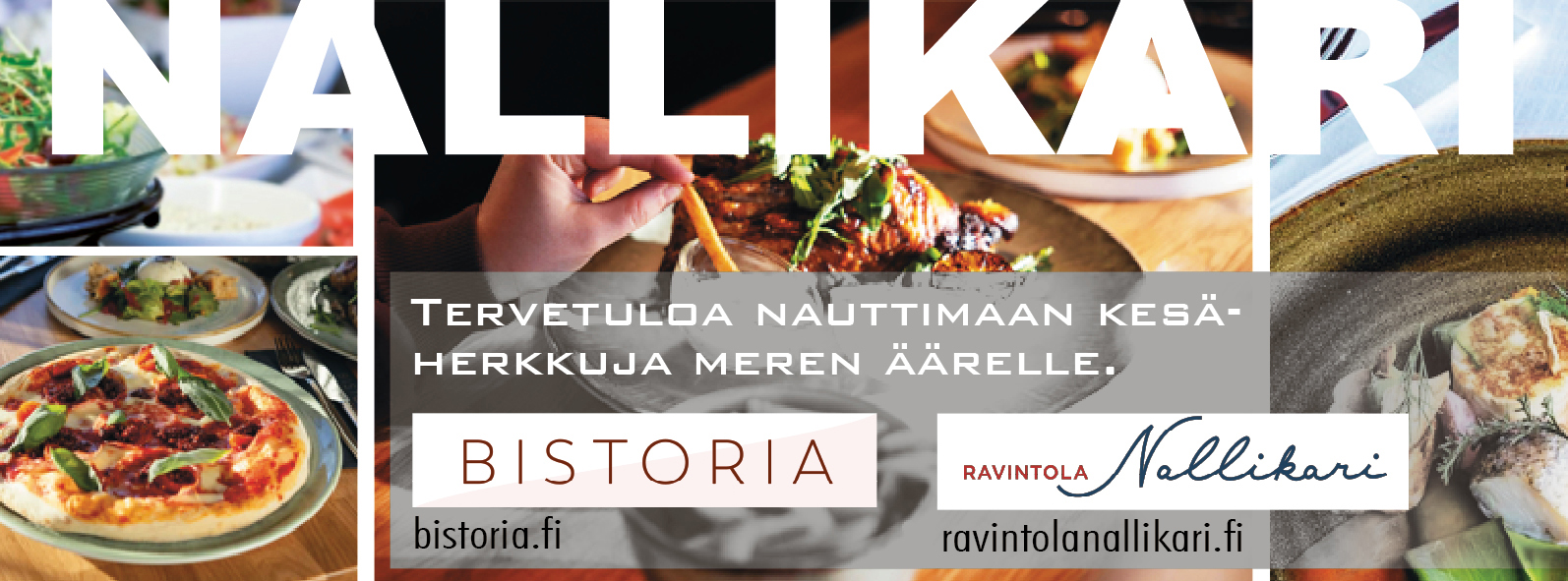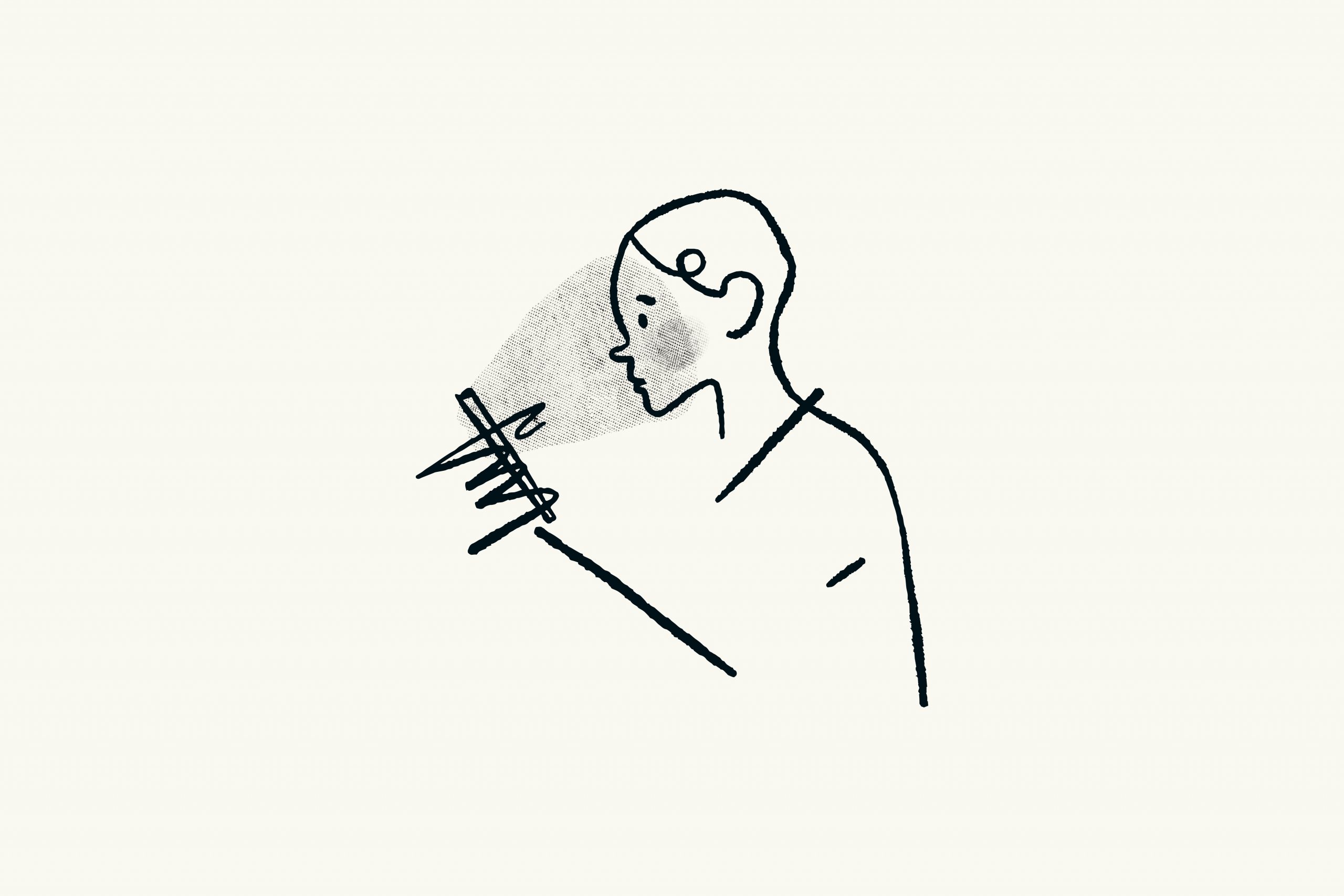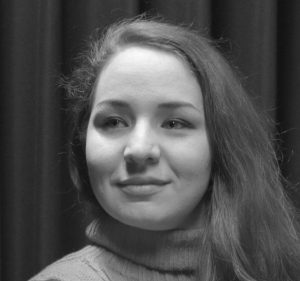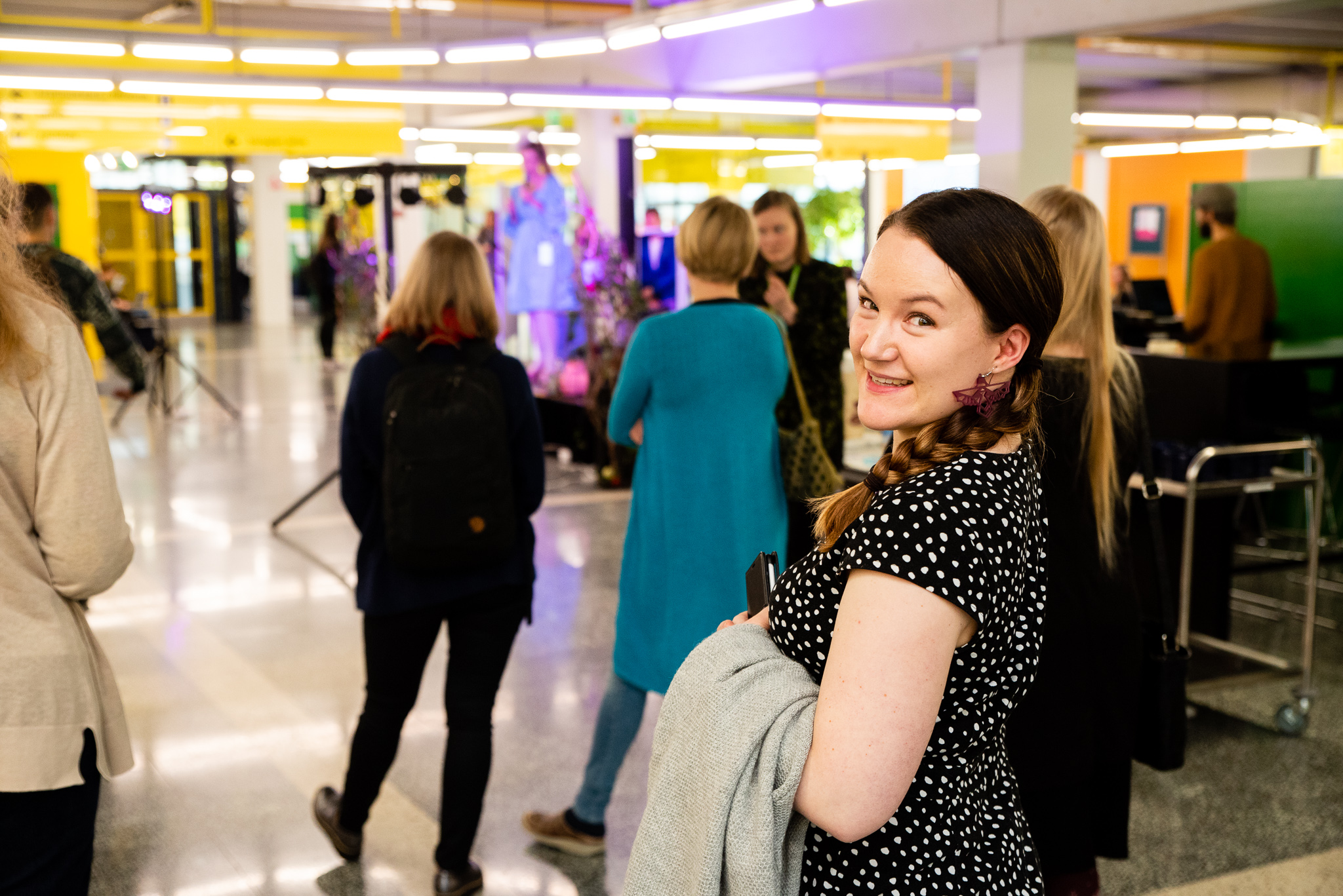And the prince and the princess lived happily ever after. If you have ever been in a relationship, you know how false that cliché ending is. As in life, romantic relationships are full of ups, downs, and twists. In fact, is that complexity what promotes the building of trust in a relationship. In that sense, one of the most difficult challenges for trust between two lovers is distance – to sustain the bond while being apart.
I have experienced it firsthand during my second year of studies. I met my now fiancée a couple of weeks before going to Spain. Regardless of the distance, we kept texting. Then, (neither she nor I remember when) this turned into phone and video calls. When reunited, we briefly spent some weeks together before she had to fly to Italy for her six-month Erasmus exchange. And then, until our long-awaited reunion we kept in touch by creating shared rituals, made agreements, and talked (a lot).
Like me, many other students have dealt with similar situations. In some cases, even with longer distances and times to cover. Trying to understand this experience more deeply, I gathered a group of friends to talk about it. Coming from three different continents, it was interesting to notice some common features, as well as important differences. Because of the sensitivity of the topic, two of them preferred to remain anonymous, so I changed their names and added an asterisk next to them.
Becoming aware of the absences
Being away from your loved one implies to be deprived of many simple but important gestures. Since in my relationship we could not spend a lot of time together at the beginning, when apart we had no memories to connect. So, there were countless moments when looking at each other’s video was not enough. Despite the loving words and expressions, we both were wishing those caresses and kisses expressing our deepest emotions. Because of distance we had to rely on words to express our feelings. And that was quite difficult.
Although Maria was in a relationship for many years before stepping into a long-distance relation, it was also difficult for her to get used to the new situation.
“At the beginning I felt miserable. The physical contact is the most challenging part that I could not overcome. Being away I did not get to see my person day after day, I did not get to wake up next to him and a hug is not a given anymore.”
Knowing how important a master degree was for her, Maria’s boyfriend fully supported her. “We always discussed the sacrifices we had to make for this to happen. Thus, it was just a tad easier to continue working hard for my goal.”
With time, the impact of initial caresses and kisses decreases. However, at distance the absence of such details opens our eyes to their relevance. They give us certainty of being cared for, loved, and respected. Sometimes when facing difficulties, these details can help us to regain balance and keep going forward. In their absence, difficult times become more challenging. This is what happened to Roman.
“When things in the relationship didn’t go well, I thought that taking this step would mean breaking up. There was even a time when we were both considering this.”
The fact that Roman and his girlfriend were away from each other before he came to Oulu turned out to be an important asset, when it was his turn to leave the Netherlands.
“My girlfriend did a half year exchange in Canada. It was difficult talking about her daily life because I only had a fantasy and vague description to picture her life. Insecurities and jealousy can take over you when dealing with many unknowns.”
With that previous experience, they decided to come together to Oulu when Roman moved here. Like this, she was able to have a clear picture of his friends and environment. Also, they created another memory that proved to be useful for the difficult times ahead. “When we are not happy, I also imagine myself with someone else, someone who is close by. Then I can quickly remind myself of our beautiful love story and never act upon these feelings, but they do come around sometimes.”
Jealousy & certainty
A big surprise for me while being away from my love was to realize how our relationship became a dichotomy: together and away. When being together, my day flowed between different activities in which my girlfriend participated in one or more. On the other hand, when separated she was no longer present in my regular activities. Instead, every day I lived a sequence of activities that suddenly stopped when I read her texts or listened to her voice.
Although these surprises were nice, they were also an evidence of her absence. As Roman mentioned before, ignoring the details of the other person’s life gives space for treacherous jealousy to arise. Even if you never ask or comment to your partner about it, the thoughts are still there. And if you don’t control them, they eat you. In that sense, both me and the students interviewed agreed that a main concern when being at a distance was having constant communication with our partners.
Both Maria and Roman talked daily with their partners. This was also the case of Sahan, who talked with his girlfriend in Sri Lanka even twice or more times per day. Unlike the other cases, Nguyen* only talked to his girlfriend twice or three times per week. Besides the different time zones, it was also difficult for him to talk to her because she was doing a lot of paperwork to apply for a master degree in Canada.
“We decided to preserve our space. So, we agreed on specific days and times to talk. That was our moment”.
Although these talks did not shorten the distance between us and our lovers, they proved to be useful to preserve a sense of constant presence of our beloved ones in our lives. This helps to preserve the peace of mind for those who stayed, because of the feelings aroused by not being able to discover that new environment next to their loves. Most of the interviewees thought about that as a must from the beginning. But for Nguyen that was not the case. “We did not plan that much in advance. So, when she was applying to the Master and we were not talking, I sent her photos of some of my activities but I never felt kind of pushed to keep her posted on a daily basis.”
For me and the other it was the opposite. When thinking about that, I think my girlfriend and I kind of played a guerrilla war in which we sought to surprise the other. I used to send her good morning videos for her to see when awakening, while she used to surprise me with loving messages. For Maria it was meaningful to exchange funny memes or videos to make each other laugh. On their side, Roman and his girlfriend found a way to share their passion for music. “We have a shared playlist on Spotify that we listen to. It’s very cool to hear a song that you know resonates with the other person, while you are away.”
The issue of proximity
Surprising and sharing is nice when you are in good terms with your partner. But it is impossible to have a relationship without disagreements. And they will occur because of your individualities. For me, when these crises occur (in plural, there is not only one) they always lead to a decision: Do I accept this? Do I continue with this relationship? Although it may be something difficult to deal with, all the other sides of your connection with your beloved one compensates and therefore smooths the acceptance process.
In distance, this changes. You no longer have walks to the park, movie nights or their warmth next to you at night. There is nothing but memories and the moments you share through the flat, distant, cold screens of your phone or computer (could you imagine how it was in times without a phone? OMG). Because of the context, the relationship becomes fragile, and you don’t want to jeopardize it. In consequence, when I found something that I did not like, I never addressed it directly, but kept it in mind until we could have the time to talk about it in person.
A way to solve this was to agree on periodical visits. In this sense, I did the same as Roman and Maria. In words of Roman: “I knew I didn’t want two years of long distance. My program allows me to do an internship and write my thesis abroad. From the beginning onwards I kept in mind that I will do these in the Netherlands. I also made sure that we were only away from each other max. 3 to 4 months.” This was easy because in all our cases, we were within Europe. But for Sahan and Nguyen it became a more difficult task to overcome.
Sahan, for example, started his relationship when deciding to come to Oulu to complete his Master studies. Unable to visit his love often, the daily phone talks were a way to reassure the certainty of his relationship and keep the promise of getting married alive. Luckily, after becoming a doctorate student, he traveled back to Sri Lanka early this year, turning the promise into reality. “Our wedding and her coming to Finland with me are a long and big dream that we planned together. And now it is true.”
On the contrary, for Nguyen distance became a burden because of the lack of certainty about the future. He came to Oulu thinking of going back to Vietnam, but then his parents suggested that he find a job and stay here. This collided with his girlfriend-plans, eventually creating a situation impossible to overcome. “To join her Master, she had to borrow 20 thousand dollars from the bank and her family. That is a lot of money. When she arrived to Canada, she became more focused on finding a job and producing money. Not having common shared plans made our relationship get derailed. We had several breakups until the definitive one came up”.
Thinking in hindsight
Someone once told me that goodbyes are beautiful because they contain the hope of the next encounter. In that sense, although long-distance relationships are challenging and difficult, they also give us an opportunity to grow and discover new insights of ourselves and our partners.
Although a long-distance relationship may not succeed, it is always an opportunity to deepen ourselves. Despite the unexpected outcome for Nguyen, he still values his previous relationship. “I would not be here if it wasn’t for her. When I was not sure about coming, she told my mom I was accepted with a full tuition scholarship and asked her to persuade me to accept the offer. Now I got a job that I truly enjoy, I am helping my parents and I thank her for that”.
Likewise, this experience helped Roman gain a deeper understanding of himself and his partner. “We created a very strong emotional bond, crossing the boundaries of countries and seas. If communicating is all you have, you truly develop the most open and genuine bond possible. I definitely think it has improved our relationship in ways I couldn’t predict. I have become more open, learned a lot about love and the extent to which it can carry you and persevering even when things aren’t the best.”
For Maria and Sahan*, loving at distance brought insights about how others impact their lives. As Sahan* says: “After a deep thinking and realization, I knew what was important in life and what was not. If someone prays for you, you definitely feel hope and support.” Similarly, Maria values some things more now. “This experience has made me realize the importance of togetherness. Also, that support is a major factor of my success so far. I wouldn’t be able to do what I am doing now without knowing that I have people that have my back, show me their love and want me to succeed.”
For me, after another romantic relationship at distance I became convinced that determination is a decisive factor. It could be long-distance, a pandemic, or a disease. Difficulties are always present in relationships and life. But whatever it is, if both you and your partner are brave and open, you will be able to learn. Even from failures. I realized now how wrong I was of taking things for granted. The ways we found to rely and trust on each other, helped us also to overcome many challenges. And we know there are still many coming ahead. In any case, either with a caress, a discussion, or with silence, we will always find a way to say to each other: I love you.








